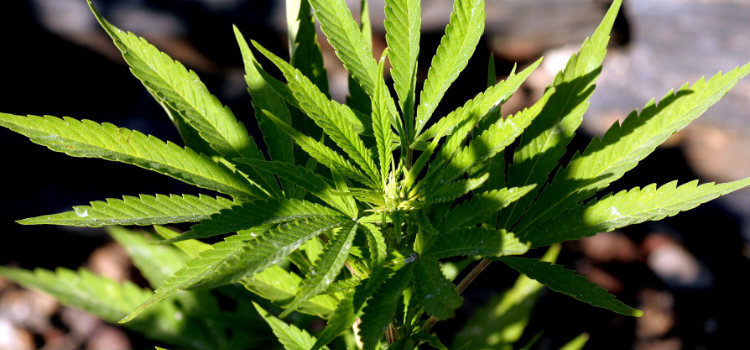New York State’s Health Department has released their rules for medical marijuana in the state, allowing the drug to be used medicinally but the conditions for which it can be administered are limited. According to the rules individuals with “specific severe debilitating or life threatening conditions” will be allowed access to marijuana as mode of treatment.
According to the Health Department rules individuals diagnosed with cancer, human immunodeficiency virus (HIV), amyotrophic lateral sclerosis (ALS, or Lou Gehrig’s Disease), Parkinson’s, multiple sclerosis, epilepsy, inflammatory bowel disease, Huntington’s disease, neuropathies or damage to the nervous tissue of the spinal cord will be able to receive a prescription for the drug. Additionally individuals with wasting syndrome, “severe or chronic pain,” severe nausea, seizures and “severe or persistent muscle spasms” will also have access to the drug.
Justin Flagg, communications liaison for Sen. Liz Krueger (D), said she felt the measures laid out by the health department are “too restrictive.”
“[The rules] will prevent access by a number of patients, particularly low-income patients and rural patients,” Flagg said. “That’s her primary concern.”
Krueger, along with Assemblyman Richard Gottfried (D), championed the medical marijuana legislation, which was passed during the waning hours of the legislature’s 2014 session.
The rules call for a fifty dollar application fee for patients, which could be waived or reduced if the patient shows “financial hardship,” but also only allows for just 20 dispensaries throughout the state. There are 62 counties in the state, 24 of which qualify as rural, according to U.S. Office of Rural Health Policy.
“The fact that we are limited to 20 dispensaries statewide means people in the state – and it’s a huge state – means it’s going to make it difficult for people to just get to the dispensaries,” Flagg said. “There are regulations on shipping which compounds the problem of not having enough dispensaries or that they won’t be geographically available.”
The financial cost for would-be dispensary owners is high. Applicants must pay a $10,000 non-refundable application fee and another $200,000 registration fee. The registration fee would be returned if the applicant was not granted registration, according to the regulations. Just five of the applicants will be initially registered by the state – leaving the operations of all 20 locations in the state to just a handful of operators. Those operators must renew their license every two years for another $100,000. Operators will face additional costs such as site inspections, product tests not to mention day-to-day operations and salaries.
The rules also specify that dispensary signage can only be black and white and they cannot refer to their product by street or brand names. The rules do not indicate what the product must be called to avoid using those terms.
Flagg said that, to his knowledge, there is no legislation presently aimed at changing the Health Department rules in an effort to expand access. He did note that Krueger has pending legislation that would legalize and tax marijuana in the state but acknowledged that the bill would not likely see any movement this session.
Photo Credit: M a n u e l
Get daily cannabis business news updates. Subscribe
End
